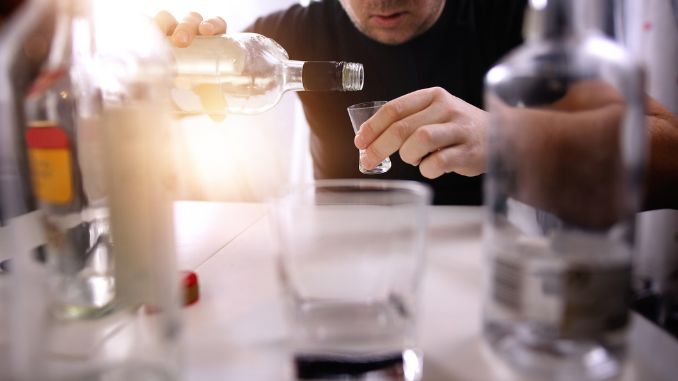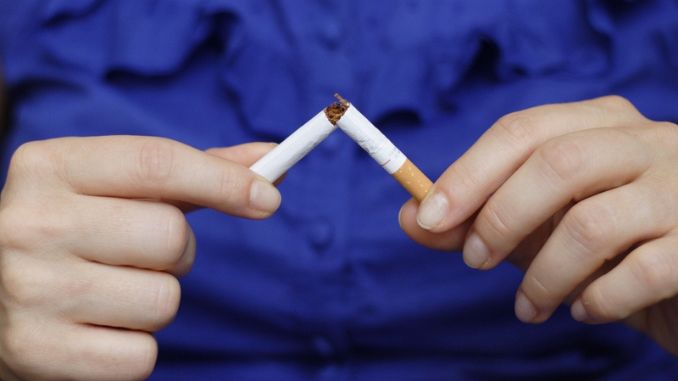A hangover [¹] makes you feel bad with headaches, shaking, feeling sick, and being tired. It makes it hard to work well and is estimated to cost the U.S. around $148 billion a year due to missed work and bad job performance. Even people who don’t drink a lot can have hangovers. Hangovers can be dangerous, even if your blood alcohol level is normal, and may raise the risk of heart problems.
A study in the Human Psychopharmacology Clinic [²] found that curing hangovers is hard despite how common they are. Different remedies have been tried, but none have fully worked. That’s why we’ve created Hangover Supportive Therapy. It helps your body recover fast from too much alcohol by hydrating you, giving you nutrients and vitamins, and getting rid of toxins. This makes you feel better quickly and reduces hangover symptoms.
The Physical And Mental Effects Of Alcohol Hangover
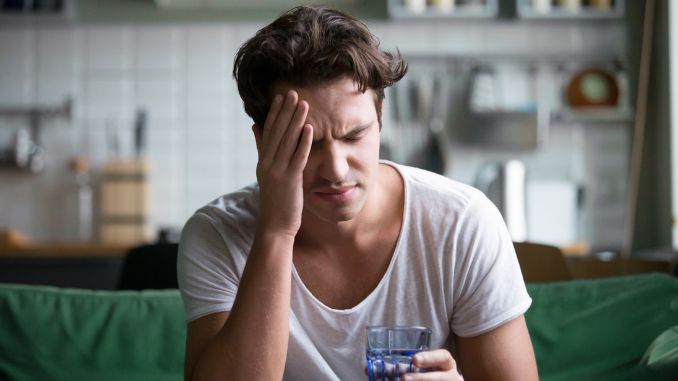
Hangovers can really affect how you feel physically and mentally. Physically, you might have headaches, feel sick, dizzy, tired, achy, and sensitive to light and noise. This makes it hard to do everyday things or even get out of bed. Mentally, you might feel foggy, have trouble concentrating, be irritable, and have mood swings, which can affect your productivity and mood.
What Is Hangover Supportive Therapy?
Hangover Supportive Therapy is a modern treatment to fight the effects of drinking alcohol, providing a better solution than regular hangover remedies. Designed to alleviate hangover symptoms, Hangover Supportive Therapy directly addresses the effects of high blood alcohol levels after drinking. This treatment doesn’t just focus on being careful with alcohol; it tackles the results of heavy drinking.
By using IV hydration to manage blood pressure and giving vitamins to ease headaches and replace lost nutrients, it reduces how bad a hangover feels. Administered carefully by healthcare professionals, it helps balance the body after drinking a lot. Instead of just using sports drinks, which might only help for a short time, this therapy is based on science and really works to ease hangover symptoms from the root. It doesn’t just help cure a hangover quicker but also helps the body recover better from too much drinking.
Benefits Of Hangover Supportive Therapy
Hangover supportive therapy offers a wide range of benefits that can help you bounce back from the misery of hangovers and regain your vitality.
Let’s explore some of the key advantages of this innovative therapy:
1. Rapid Symptom Relief
One of the most significant benefits of hangover supportive therapy is the rapid relief it provides from hangover symptoms. By delivering hydration, vitamins, and minerals directly into your bloodstream, this therapy bypasses the digestive system, allowing for immediate absorption and faster symptom relief. Whether you’re suffering from a pounding headache, nausea, or fatigue, hangover supportive therapy can provide quick and effective relief, helping you get back on your feet in no time.
2. Enhanced Recovery
Hangover supportive therapy helps right away and boosts your body’s own healing. It replaces what your body needs, like nutrients and fluids, to fix itself after drinking too much. It helps your body get rid of bad stuff and fixes damaged cells, tissues, and organs. This makes you feel better sooner and lessens how bad your hangover feels, so you can get back to your usual self faster.
3. Increased Energy And Vitality
Hangovers make you feel really tired and without energy, which is super annoying. Hangover Supportive Therapy helps fix this by giving your body more energy and making your cells work better. By hydrating you and giving you nutrients, it helps your body work better, so you feel more energetic, think clearer, and just feel better overall.
4. Improved Mood And Mental Well-being
Hangovers can make you feel grumpy, moody, and unable to focus. Hangover Supportive Therapy can make you feel better mentally by giving you the nutrients your brain needs to work well. Replenishing essential nutrients through hangover supportive therapy can help alleviate the lingering effects of alcohol on brain function and neurochemistry, making you feel less hungover. This therapy helps fix why you feel bad mentally after a hangover, making you feel happier and more positive.
5. Long-term Health Benefits
Besides helping you feel better right away, hangover supportive therapy can also be good for your health in the long run. This therapy can protect your liver, reduce swelling, and make your cells healthier. Plus, by making sure you’re hydrated and have enough nutrients, it can help your immune system work better, making you less likely to get sick and keeping you healthy in the long run.
Different Types Of Hangover Supportive Therapy
Hangover supportive therapy comes in different types based on what you need and like.
Vitamin Infusion Therapy
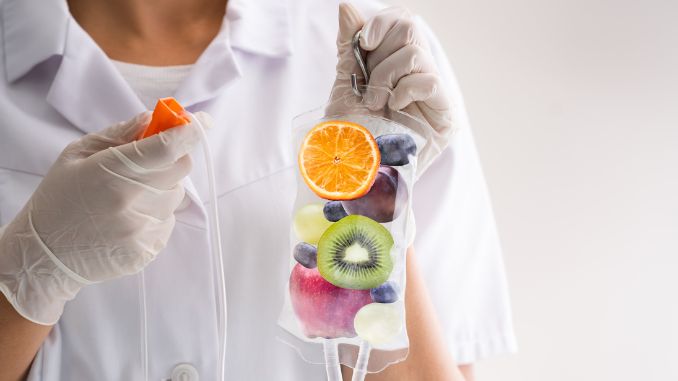
Vitamin infusion therapy delivers a potent blend of essential vitamins and minerals directly into your bloodstream. This type of therapy is designed to replenish nutrient deficiencies caused by alcohol consumption and support optimal cellular function.
The specific combination of vitamins and minerals can vary based on your needs, but commonly includes B vitamins, vitamin C, magnesium, and electrolytes. Vitamin infusion therapy can enhance energy levels, boost the immune system, and promote mental clarity.
Nutrient Replenishment Therapy
Nutrient replenishment goes beyond hydration and vitamins, incorporating specific nutrients that alcohol depletes. Magnesium, potassium, and zinc are commonly included to support energy levels, immune function, and overall recovery.
Oxygen Therapy
Oxygen therapy provides supplemental oxygen to hangover sufferers, helping to improve oxygen levels in the blood, which can be beneficial for headache relief and overall vitality. It’s often used in combination with other therapies for enhanced recovery.
Medication-Assisted Therapy
For severe hangovers, medication-assisted therapy may be employed to relieve symptoms. This can include anti-nausea medications, anti-inflammatory drugs to alleviate headache symptoms, and medications to stabilize blood sugar levels. Always administered under medical supervision, this approach addresses specific hangover symptoms directly.
Natural Remedy Support
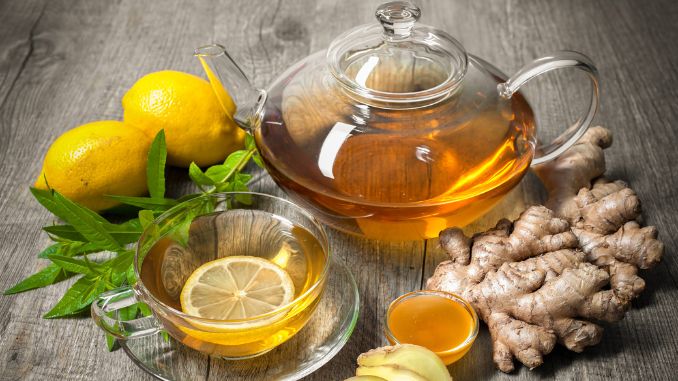
Some therapy programs incorporate natural remedies like ginger for nausea, willow bark for headaches, and herbal teas to support hydration. While the effect is not as immediate as IV therapy, these can offer gentle support for the body’s recovery.
Acupuncture And Acupressure
Acupuncture [⁴] is a promising option for treatment because it is both safe and widely accessible. These traditional Chinese medicine techniques are sometimes used to reduce hangover symptoms. By targeting specific points on the body, they aim to relieve headaches, nausea, and restore balance to the body’s energy flow.
Hydration Therapy
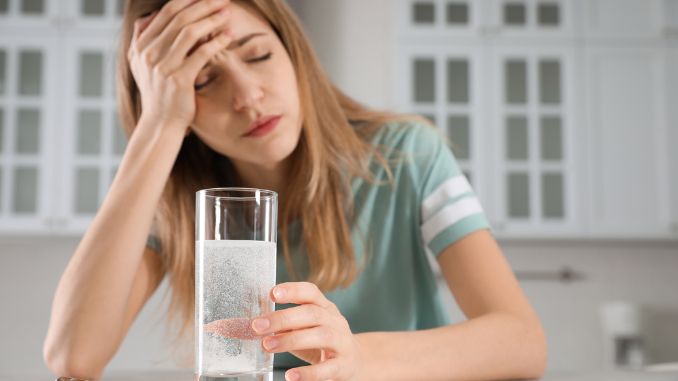
Researchers looked at 826 Dutch students [³] to see if eating or drinking water after drinking alcohol makes hangovers less severe. They found that consuming food or water after alcohol consumption led to some improvement in hangover severity. It quickly gets fluids back into the body, which can ease symptoms like headaches, dizziness, and tiredness and help you feel better overall.
Conclusion
Chinese Herbal Medicine Hangovers can make you feel awful, both physically and mentally, which can spoil your enjoyment of life. Hangover Supportive Therapy offers a solution by giving your body hydration, nutrients, and vitamins through a drip, which quickly makes you feel better. This therapy helps your body recover faster by giving it what it needs and removing the bad stuff. You’ll feel more energetic, think clearer, and just feel better overall.
Struggling with migraines? Find comfort and ease with our specially designed yoga routine. Try these 10 Gentle Yoga Poses for Migraine Relief and experience the soothing benefits of mindful movement.

Frequently Asked Questions
Is Coke good for a hangover?
Drinking Coke or other sodas might help a little with some hangover symptoms. The sugar gives you quick energy, and caffeine can help with headaches. The fizziness might soothe your stomach, too. But it’s not a real cure and won’t fix why you feel bad, like being dehydrated or needing nutrients.
Coke might make dehydration worse if you don’t drink water, too. For better hangover help, it’s best to drink lots of water, eat healthy food, and rest. Also, drinks with electrolytes or hangover supportive therapy might work better.
Is Pocari Sweat good for a hangover?
Yes, Pocari Sweat can help with a hangover because it replaces lost fluids and electrolytes, as sports drinks do. After drinking too much, your body loses water and electrolytes, which can make you tired, and thirsty, and give you headaches. Drinking Pocari Sweat can help balance electrolytes and hydrate you better than just water, which might help with some hangover symptoms. But remember, it’s still important to drink water and maybe other things to fully recover from a hangover.
How long will a hangover last?
Far far away, behind the word mountains, far from the countries Vokalia and Consonantia, there live the blind texts. Separated they live in Bookmarksgrove right at the coast of the Semantics, How long a hangover lasts varies from person to person and depends on different things, like how much alcohol you had, your body’s way of breaking it down, how hydrated you are, and your overall health. Usually, hangover symptoms start a few hours after you stop drinking and can last up to 24 hours. In severe cases, they can go up to 48 hours depending on the amount of alcohol you consumed. Most people start to feel better after about a day as their bodies deal with the alcohol. Drinking water, resting, and eating good food can help you feel better faster.

Rick Kaselj MS, is a leading kinesiologist and injury specialist as well as co-creator of the best-selling Unlock Your Hip Flexors program. Rick creates exercise programs that help people heal injuries and eliminate pain, so they can go back to living a full, active, healthy life.

